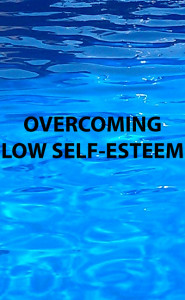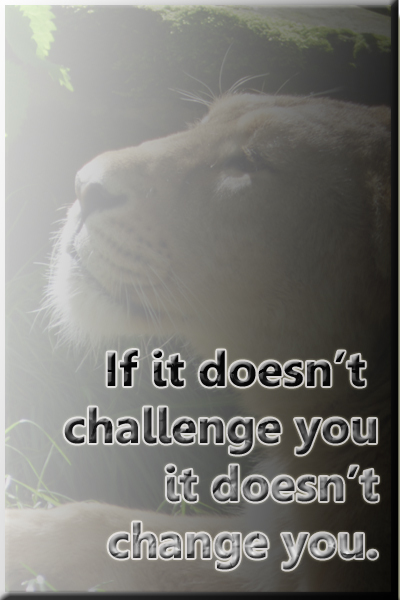Overcoming Self-Doubt
Even the most confident people will sometimes suffer with self-doubt. This page includes tips for overcoming your own personal self-doubt.
What is Self-Doubt & Definition
Self-doubt is a lack of confidence or belief in one’s own ability to accomplish something.
It can often effect us in a very sudden way and it can be overwhelming. Self-doubt can cause us to abandon our goals because somebody may believe those goals to be unattainable. Self-doubt can also lead to confusion and indecision.
When self-doubt hits us it will be a very obvious change in your mind. You may start to say things to yourself such as, “I can’t do this”, “I doubt it’s possible, “or I am not up to the challenge”. If the self-doubt is a sudden change it was probably triggered by something recently. Maybe it was a mistake, error of judgement or you received criticism about something.
If left unchecked self doubt can seriously restrict our lives, in serious cases it could even be life destroying. However, in most cases it’s simply a temporary crisis in confidence which will be short lived.
While there are many negatives to self-doubt there can also be great positives. For those that recover from their confidence issues, it can be an enlightening experience. During the recovery period we will hopefully discover what caused the self-doubt in the first place. You will also learn about yourself, your triggers, and your vulnerabilities. Hopefully you can prevent it from happening again, so you can keep moving forward with your life.
When self-doubt hits us we need a strategy for dealing with it.
Tips to Overcoming Self-Doubt
Develop a strong identity and belief in yourself and your abilities. This can be achieved by self-awareness, living with integrity, treating people well and with respect. When you know you are living well and to your potential you are far less likely to develop self-doubt in the first place.
Simply understanding and acknowledging the self-doubt. You must not avoid or deny the problem. If you do it may get worse, and even if you do recover it will probably happen again in the future and you won’t be able to prevent it.
Analyse and objectify the doubt. Pick apart the emotions, when you do this it takes away some of the power that doubt has over you. Doubt is mostly just irrational unconscious thinking which can be countered by rational conscious thinking.
Understand why it happened and what caused it. Find the trigger, a situation may of caused it which you could be able to avoid in the future. Perhaps it was a person, maybe a particularly negative person that could be avoided, if possible. However, avoidance will only be a short term solution, there may be psychological triggers which caused it which you may need to get a handle of.
Devise a plan to overcome your doubt. Plan out your steps, write them down if you need to and then take action on that plan. Telling another trusted person about your plan can be a great way to keep motivated, as they will hopefully help you to stick to your plan. Doubts can be good, it can even be wise to doubt ourselves every now and then. A blind belief in our abilities can be dangerous, it can cause arrogance and hubris and lead to mistakes. A little doubt helps to keep our confidence in check.





